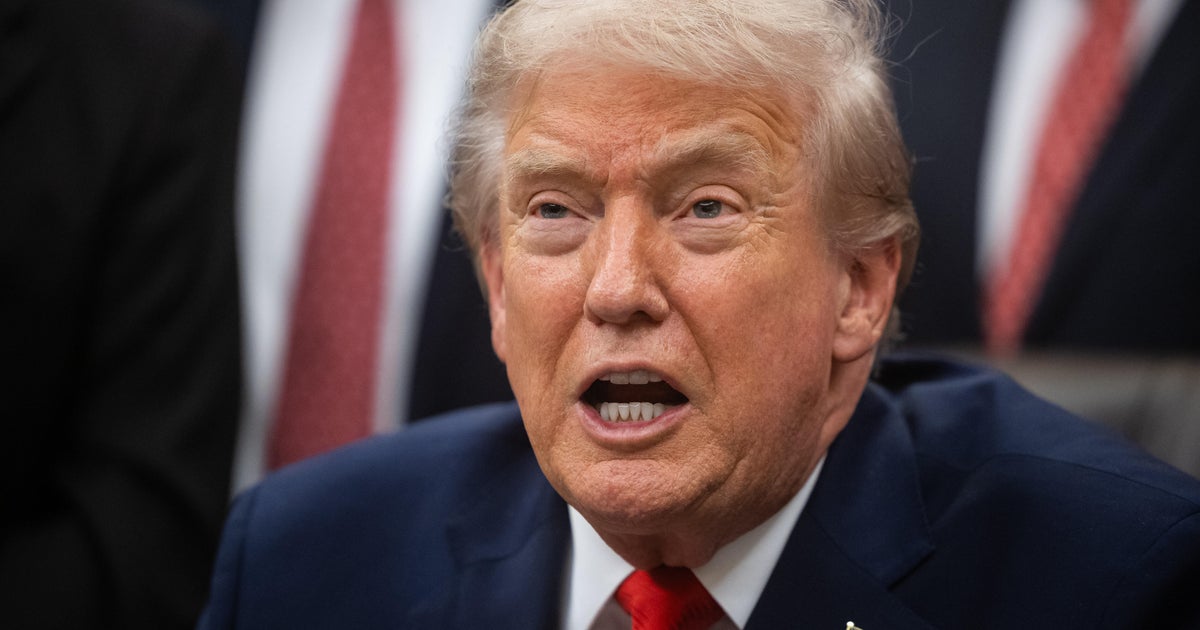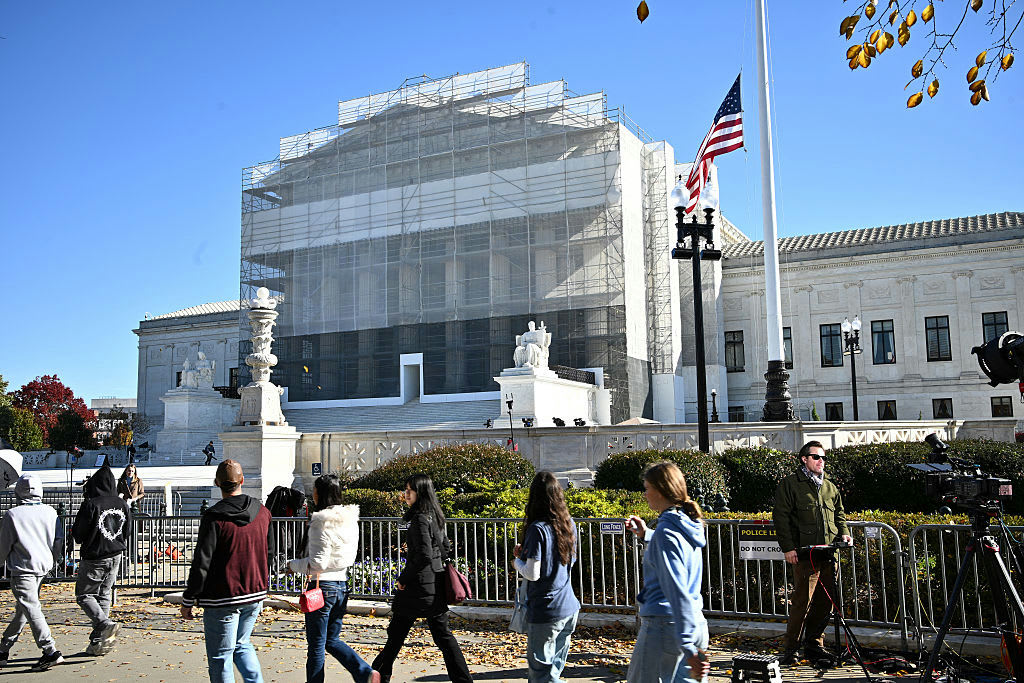Trump tariffs trigger a wave of protectionist worries
New U.S. tariffs on solar panels and washing machines are enflaming tensions with key U.S. trading partners, sparking concerns that Washington's protectionist turn could spark global trade battles.
The Trump administration's announcement on Monday helped set a controversial stage ahead of the president's address later in the week at the World Economic Forum in Davos, Switzerland.
Some speculated whether the coming speech would portend talks on the North American Free Trade Agreement, or NAFTA, with Mexico among the trading pact's partners blasting the tariffs.
"Our bet is that Mr. Trump will extend his longstanding worldview that U.S. trade policy is best used to keep America winning, rather than the Davos ideal that everyone wins when everyone trades freely," said Carl Weinberg, chief economist with High Frequency Economics, in a note. "The president may even foreshadow imminent protectionist measures by the United States government, many aimed at China, and he may have some tough talk about the NAFTA renegotiation."
Trump's decision drew mixed reviews, both in the U.S. and abroad, with Germany saying the U.S. move might spark a trade war with China and South Korea, which could then impact Europe and Germany.
"Only strong global trade with open markets provides growth, jobs and innovation," Brigitte Zypries, Germany's economy minister, said Tuesday.
Governments raising barriers to free trade is "worrisome," Indian Prime Minister Narendra Modi warned in a speech delivered in Davos just hours after Trump approved the tariffs.
While meant to boost U.S. companies, the 30 percent tariff on most imported solar modules could dampen investment in solar power and eliminate thousands of American jobs in the sector.
The Solar Energy Industries Association (SEIA), the national trade group for the U.S. industry, expressed its displeasure, saying Trump's decision "effectively will cause the loss of roughly 23,000 American jobs this year, including many in manufacturing, and it will result in the delay or cancellation of billions of dollars in solar investments."
The tariffs "will create a crisis in a part of our economy that has been thriving, which will ultimately cost tens of thousands of hard-working, blue-collar Americans their jobs," Abigail Ross Hopper, SEIA's president and CEO, said in a statement.
The tariffs could prompt a "tit-for-tat response" from China, which might impose its own tariffs on select U.S. goods, noted Capital Economics analysts Mark Williams and Julian Evans-Pritchard.
Still, "China will be keen to prevent a minor trade spat from escalating into a more damaging confrontation," the economists said in a note, adding that it appears Trump is wary of "turning campaign threats of wide-ranging action on trade into a reality." Chinese panel maker Trina Solar said it would widen its territory to include Europe, Indonesia and India.
China's Ministry of Commerce on Tuesday said the U.S. move would harm the global trade climate and Beijing's Ministry of Industry and Information Technology said Chinese solar companies might limit their expansion overseas.
South Korea vowed to "actively respond to U.S. trade protectionism," and indicated it would look to the World Trade Organization to ensure its rights were not being trampled.
The protectionist stance "could challenge investors' perception whether the U.S. will adhere to current free trade policies," warned Morgan Stanley.
U.S. companies that stand to benefit rose in early action on the New York Stock Exchange, with shares of First Solar (FSLR) lately up 3 percent, and panel manufacturer SunPower (SPWR) rising nearly 1 percent, as were shares of Tesla (TSLA), which in addition to electric cars also makes solar panels.
Conversely, shares of SMA Solar, Germany's largest solar group, fell nearly 5 percent to a four-week low, and Norway's REC Silicon declined more than a percent.



